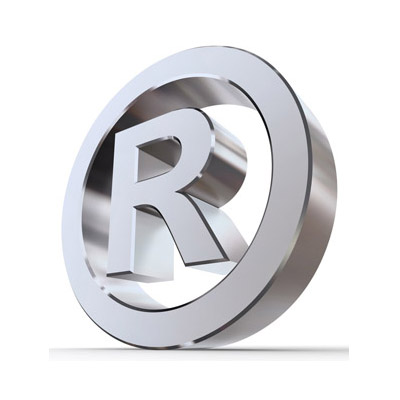
A registered trademark does not give automatic rights to a domain.
This is the second day in a row that an Australian company fails to grab an aged domain via a UDRP.
Yesterday, we covered Patricks.com and its Aussie Complainant; today, it’s the turn of TheBeachPeople.com, a domain registered in 1999.
The Australian company The Beach People International Pty Ltd, really wanted this 17 year old dot .com, and claimed that it’s been sitting “unused” all this time.
The Aussie Complainant obtained their THE BEACH PEOPLE mark in 2013, a full 14 years after the .com was registered, but the Respondent came well-prepared:
- Respondent has been using the THE BEACH PEOPLE mark since 1991 to promote its business offering real estate and vacation rental services.
- Respondent registered the <thebeachpeople.com> domain name on August 6, 1999 in furtherance of this business purpose. Respondent’s use of the THE BEACH PEOPLE mark predates Complainant’s filing and registration dates of the mark with trademark authorities, and Complainant does not assert common law rights to the THE BEACH PEOPLE mark that predate Respondent’s use of the mark.
- Complainant has failed to meet its prima facie burden that Respondent has no rights or legitimate interests in the <thebeachpeople.com> domain name. Respondent has used the THE BEACH PEOPLE mark since 1991, and it is, and has always been, Respondent’s intention to use the disputed domain name to further promote Respondent’s services; Respondent has yet to publish its website posted to the disputed domain name.
- Respondent has not registered or used the <thebeachpeople.com> domain in bad faith. Respondent’s registration of the disputed domain name predates Complainant’s first use by nearly 14 years. Further, as aforementioned, Respondent has yet to publish its website posted to the disputed domain, so Complainant has failed to meet its burden of showing that Respondent registered and is using the domain in bad faith.
In the end, the sole panelist delivered a finding in favor of the Respondent, and ordered the aged domain, TheBeachPeople.com, to remain with them.
Surprisingly, there was no finding of Reverse Domain Name Hijacking in this case.
For the full text of this UDRP decision, click here.













The ruling said that: It is clear that to establish bad faith for the purposes of the Policy, Complainant must show that the disputed domain name was registered in bad faith and that it has been used in bad faith.
ICANN has not changed this requirement in the Policy. Some dispute resolution policies require only that the complainant show either that the domain name was registered in bad faith or that it was used in bad faith, but the ICANN policy continues to require both aspects to be proved, as it always has.
As the domain name was registered 17 years before, bad faith registration could not be proved.
The complainant was represented by counsel, so would have known that they couldn’t win, but still filed the case regardless, causing the respondent costs to defend.
Why isn’t this reverse domain name hijacking?
When these frivolous UDRP claims go unpunished,for reverse domain name hijacking,one can’t help but look at it as an effort to keep the inflow of income from such reckless complaints,uninterrupted.
Let’s be honest,who in their right mind would initiate such baseless disputes,if they would be jeopardising their image,when held for ‘reverse domain name hijacking’..!!!